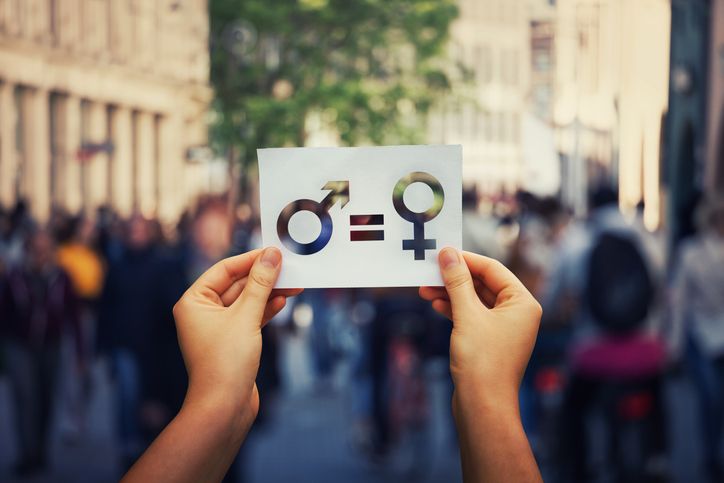The world is not on track to achieve UN Sustainable Development Goal 5 – gender equality – by 2030, a report from the UN has found.
Progress on the Sustainable Development Goals (SDG): The Gender Snapshot 2022, analysed each SDG in the context of how it relates to gender equality and found progress could take up to 286 years based on the current rate of change.
For example, in looking at financial and workplace progress, the report said it could take 140 years for women to be represented equally in positions of power and leadership in the workplace.
“This is a tipping point for women’s rights and gender equality as we approach the half-way mark to 2030,” said UN Women executive director Sima Bahous.
“It is critical that we rally now to invest in women and girls to reclaim and accelerate progress. The data show undeniable regressions in their lives made worse by the global crises – in incomes, safety, education and health. The longer we take to reverse this trend, the more it will cost us all.”
Data gaps
The report’s analysis evaluates progress on the nine targets and 18 indicators and sub-indicators of SDG 5. Two measures of progress are included: a level assessment, which gauges the current level of achievement in a given target/indicator, and a trend assessment, which measures the pace of progress from a baseline year to the current level.
Only 47% of data required to track progress on SDG 5 are currently available.
The report said despite some improvement, data gaps remain a “perennial challenge, rendering women and girls effectively invisible”.
Based on available data, 28% of the SDG 5 indicators and sub-indicators are very far or far from target; about one in three are at moderate distance from target, a quarter are close to target and only 12% are at target met or almost met.
The report said this year’s analysis revealed a “concerning regression” in women’s economic empowerment, with two regions experiencing a decline in the proportion of women in managerial positions.
“Global cooperation and investments in the gender equality agenda, including through increased national funding, are essential to right the course and place SDG 5 back on track,” it said.
Maria-Francesca Spatolisano, assistant secretary-general for policy coordination and inter-agency affairs of UN DESA, added: “Gender equality is a foundation for achieving all SDGs and it should be at the heart of building back better.”








